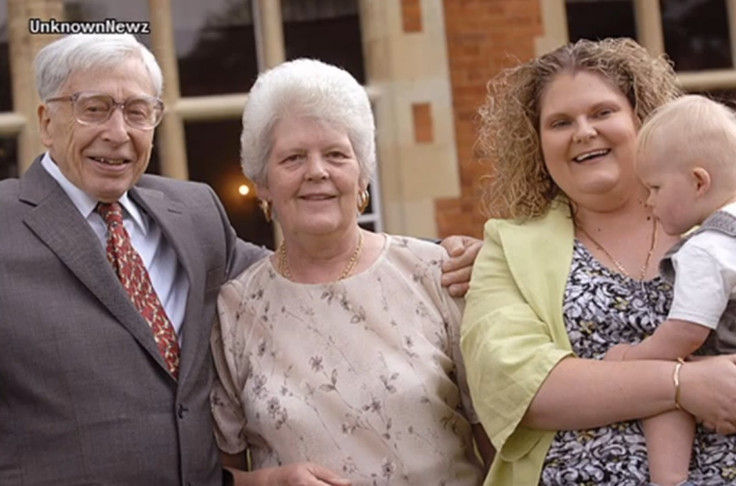Louise Joy Brown, First Test-Tube Baby, Turns 35 Years Old [PHOTO]

The world welcomed its first test-tube baby on this date 35 years ago, pioneering a new path for infertile women and considered a triumph in modern medicine and science.
Louise Joy Brown was born on July 25, 1978, at Oldham General Hospital in Britain, thanks to the work of Dr. Patrick Steptoe, a gynecologist at Oldham General Hospital, and Dr. Robert Edwards, a physiologist at Cambridge University, who found a way to fertilize a woman’s egg outside her uterus and implant it back into her body, known as in vitro fertilization. Louise's mother Lesley underwent the procedure after discovering her fallopian tubes were blocked, making it impossible for her to conceive naturally.
Before Lesley Brown's pregnancy, the scientists had made more than 100 attempts to implant fertilized eggs in infertile women, to no avail (though one woman did get pregnant, she had an ectopic pregnancy).
“Most sensible scientists would have given up,” Dr. Bavister told the New York Times. “But they plugged on and plugged on.” At the time, the doctors faced criticism for the procedure. The British government denied supporting their research, so the scientists had to find private funding.
They finally succeeded with Lesley Brown, and her pregnancy proceeded normally. She made it through the first few weeks, was closely monitored with ultrasounds, and underwent an amniocentesis. She gave birth nine days before her due date by caesarean section to healthy baby Louise, Delco News Network reports.
“When I was born, they all said it shouldn’t be done and that it was messing with God and nature. But it worked, and obviously it was meant to be,” Louise told the Daily Star about her birth. Now a common procedure, IVF has helped more than 5 million women around the world, ABC News reports. In the U.S. alone, infertility affects 7.3 million people, according to RESOLVE, the National Infertility Association.
In 2010, Dr. Edwards won the British Nobel Prize for creating the IVF procedure. Dr. Steptoe, who died in 1988, did not receive his share since the award is not granted posthumously.
Joy Brown recently revealed she is expecting her second child, the Daily Mail reports. “It took me two and a half years to get pregnant – the same time as it took with my [first child] Cameron,” she said. “Compared with what my mum went through, it was nothing.”
This past year has been tough for Brown. Her mother died in June 2012 at age 64. Dr. Robert Edwards died at 87 in April and her half-sister lost her battle with breast cancer last month. “This last year has truly been my annus horribilis,” she says. “But I hope the baby will bring a new start.”
© Copyright IBTimes 2024. All rights reserved.





















